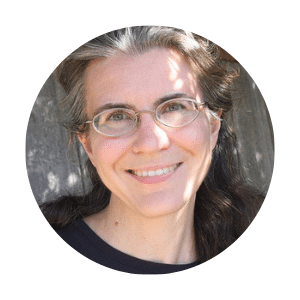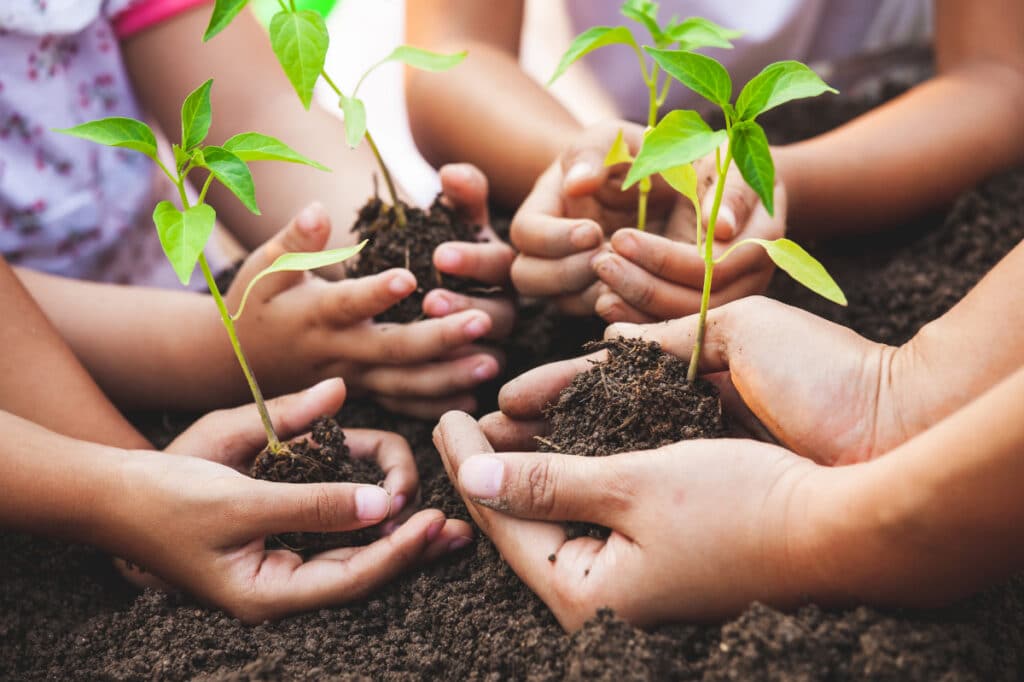The World Otherwise
Imagine the world otherwise, a different way from this. Otherwise, a concept put forward by activists such as Lola Olufemi and Ashon Crawley, describes imaginative spaces for what the world could be. It’s a network of paths leading out of dystopia, an invitation to free ourselves to create something better. In Crawley’s words, “Otherwise is the enunciation and concept of irreducible possibility, irreducible capacity, to create change, to be something else, to explore, to imagine, to live fully, freely, vibrantly.”
supportive and empowering literary community.” Its events and programs undertake to make that dream a reality through awards, conferences, mentorship and more, directed particularly at empowering the voices of marginalized people. Underlying the endeavor is the belief that we can do better: we can create build stronger communities by supporting literary exploration. As WriteHive founding member Rowan Zeoli attests, “stories are what bring people together and are how we can imagine a new, better world.”
Stories are what bring people together, and are how we can imagine a new, better world."
Rowan Zeoli Tweet
Let’s do that, right now.
Let’s imagine a better world, one where all writers have communities that allow them to share their stories and readers have a vast diversity of adventures to choose from. In this (for now) imaginary world, money doesn’t drive publishing. Most stories are freely available—and that’s okay because no one is poor; no one needs to monetize their writing. Instead, everyone lives in communities of frugal abundance, walking gently on the Earth, sharing her freely given harvest, understanding, as the proverb says, that “enough is as good as a feast.” This may sound utopian, but isn’t that the point? To think otherwise, to believe that better ways are possible?
Of course, to believe it is one thing, to make it happen another. How can we realize worlds like this? One crucial piece of the answer is degrowth.
The Hope Embodied in Degrowth
Degrowth economics is a conceptual framework envisioning an economy with less unnecessary material production and consumption, primarily in the Global North, in order to support the well-being of all people while living sustainably on the Earth. Many degrowthers also recognize the rights of non-humans to a world in which they can thrive. Degrowth is indelibly democratic. It advocates local control of many material needs, ensuring that citizens have real power to make their voices heard in decision making. (I use the word “citizen” broadly, to refer to participants in a community, including people who are not legally citizens of the nation they live in.)
Some conflate degrowth with economic recession. This is a misunderstanding. Recession occurs when a growth-driven economy shrinks. Growth economies, like capitalism, depend on growth to function, so when they shrink, people lose jobs and are impoverished. In contrast, a degrowth economy is designed to accommodate reduced production; it can also accommodate growth in areas that provide genuine social goods (e.g. more filtration devices to provide drinkable water). So how does degrowth propose to achieve this?
Practical Degrowth Ideas
Degrowth economics is not a single system. It’s an alliance-builder, an invitation to everyone to bring their ideas to the table. Degrowthers engage with many levels of social organization, from the neighborhood to international policy.
At the neighborhood level, we can practice frugality and sharing so that we don’t need as money or as many resources to live well. Examples include growing food in backyards, developing little free libraries and tool libraries for sharing our stuff, mending clothes and fixing broken devices rather than buying replacements, ride sharing, and joining groups like Buy Nothing to share items with our neighbors.
At the municipal or county level, we can promote practices that bring the community together in friendly, local self-sufficiency. We can participate in farmers markets and buy from local tradespeople. We can support convivial, eco-friendly housing solutions, such as eco-collaborative housing. Reforming zoning codes can encourage mixed-use neighborhoods with locally owned shops and services in walking distance of people’s homes.
At state or national levels, we can conceptualize wholly different systems to promote thriving democratic societies. Some suggested strategies include Universal Public Services (guaranteeing everyone a right to access food, shelter, healthcare, education, etc.), Universal Basic Income (a no-strings income everyone receives), and/or a Guaranteed Jobs Program (guaranteeing everyone a good quality, socially useful job).
But how could we pay for all this? Wouldn’t the taxes be insane? Under our current monetary system, probably so. In our current system, money enters the economy when banks request it from the government so that they can loan it to businesses and individuals, who have to pay it back with interest. In other words, money enters the economy as debt. The government then takes a cut of that money in the form of taxes to fund public services.
I ask you, painters of the imagination, is a system run on debt and taxes the best we can come up with?
As an alternative, degrowthers often invoke principles from Modern Monetary Theory (MMT). Any government with a sovereign currency can print its own money and issue it directly to fund hospitals, schools, farms, etc. No taxes needed. Taxation would exist only to take excess money out of the economy in order to avoid too much inflation, typically by taxing the richest.
On an international level, even more audacious imagination is needed. For example, requiring nations in the Global North to repay the Global South for exploiting their labor and resources would help propel the Global South to a much-earned prosperity. At the same time, it would greatly reduce the manufacture of products for the Global North—because what prosperous person would choose to assemble smartphones in a sweatshop? Let’s be clear: reduced production is good thing. We in the Global North are awash in gadgets designed to break or be obsolete after a year or two. We don’t need that, and life on Earth can’t sustain it.
These are just a handful of possible ideas. A writer’s imagination might suggest many others.
Igniting the Deeper Imagination—What Writers Can Do
Proposals like these mark a beginning, a time of transition. Speculative writers can go further in imagining fully egalitarian, life-affirming societies. What if Haiti became a hub of scientific advancement, as in P. Djèlí Clark’s The Black God’s Drums? What if we centered the wisdom of Indigenous women, as Celu Amberstone does in “Refugees”? What if diverse autonomous societies worked together to expand knowledge, as in Ursula K. Le Guin’s Ekumen books? What kind of world would you like to see?
Creative writers are uniquely well placed to weave new stories—and reweave old ones—that guide us otherwise. A society can’t accomplish what it can’t imagine, and as writers we occupy the critical role of unfurling imaginations. Together we can open up a vast array of possibilities for a better, gentler future.
If you’d like to learn more about the hopeful narratives of degrowth, check out the following:
Degrowth.info: An introduction to degrowth and related events and community.
Degrowth.net: A repository digital tools, information, and community in public domain.
The Case for Degrowth by Giorgos Kallis, Susan Paulson, Giacomo D’Alisa, and Federico Demaria

You can find Arwen on one of the socials below! Feel free to reach out and follow for updates! Arwen is also on Dreamwidth.

